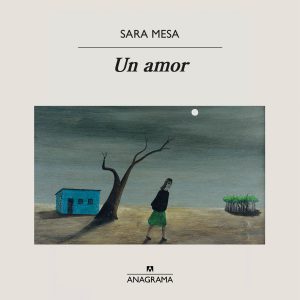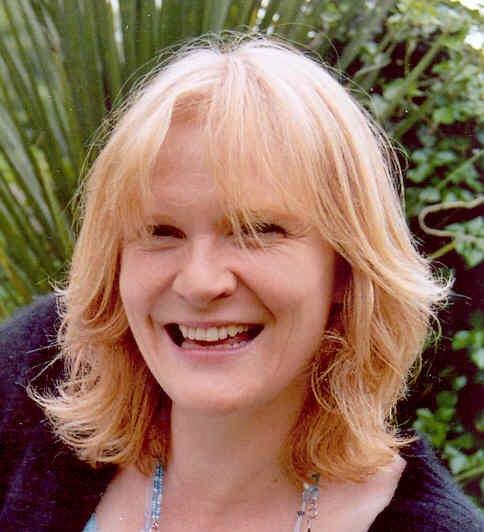This post is part of our Research Initiation Scheme for 2022-2023.
On Friday 10th March 2023, Dr John Stone (Serra Hunter Fellow in English Literature, Universitat de Barcelona) delivered a seminar about his latest research on diasporic populations in Spain between 1640 and 1808 and their libraries, particularly English language dramas and poetry.
Dr Stone opened the seminar by introducing us to the diasporic populations he would be focusing on in the paper. A diaspora refers to a network of ethnically and linguistically related peoples who are often geographically separated from one another. Dr Stone referred primarily to the communities of British and Irish immigrants, mainly Catholics, who were forced from the newly Protestant Great Britain following the reign of Queen Elizabeth I and moved to Spain. They became “islands of English culture”, in Dr Stone’s words. Books and other literary works in their native tongue acted as tools to preserve and further their cultural heritage in a foreign nation.
These communities were incredibly close-knit, and the solidarity between their members was evidenced in the work of the Royal Scots College, a seminary founded in Madrid in 1627. As Dr Stone explained, ordinary families could not import books into Spain. The Scots College, however, had a licence to import almost any text they wanted, and so would take requests from British and Irish diasporic communities to provide them with this connection to their natal land.
Continue reading
